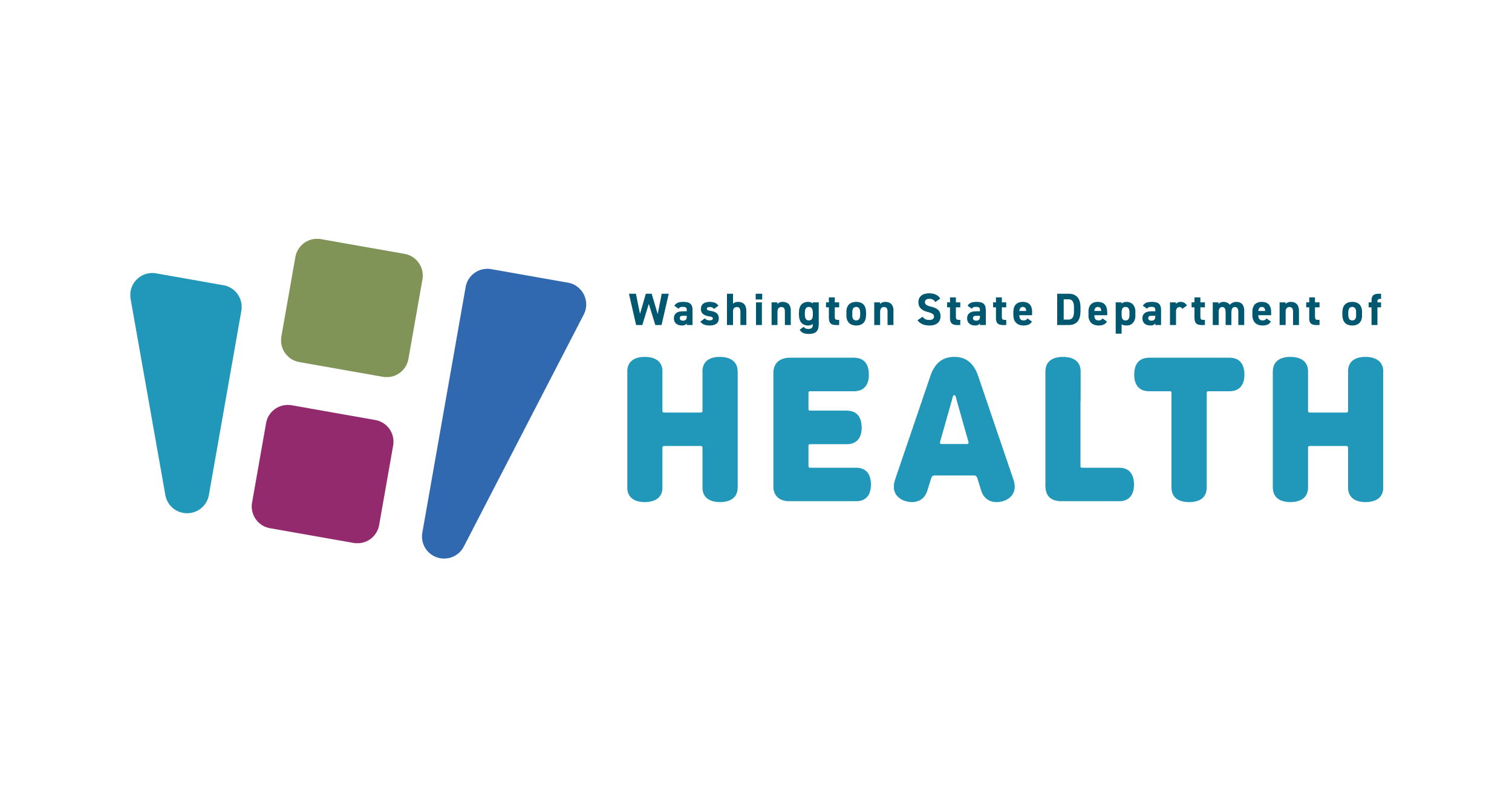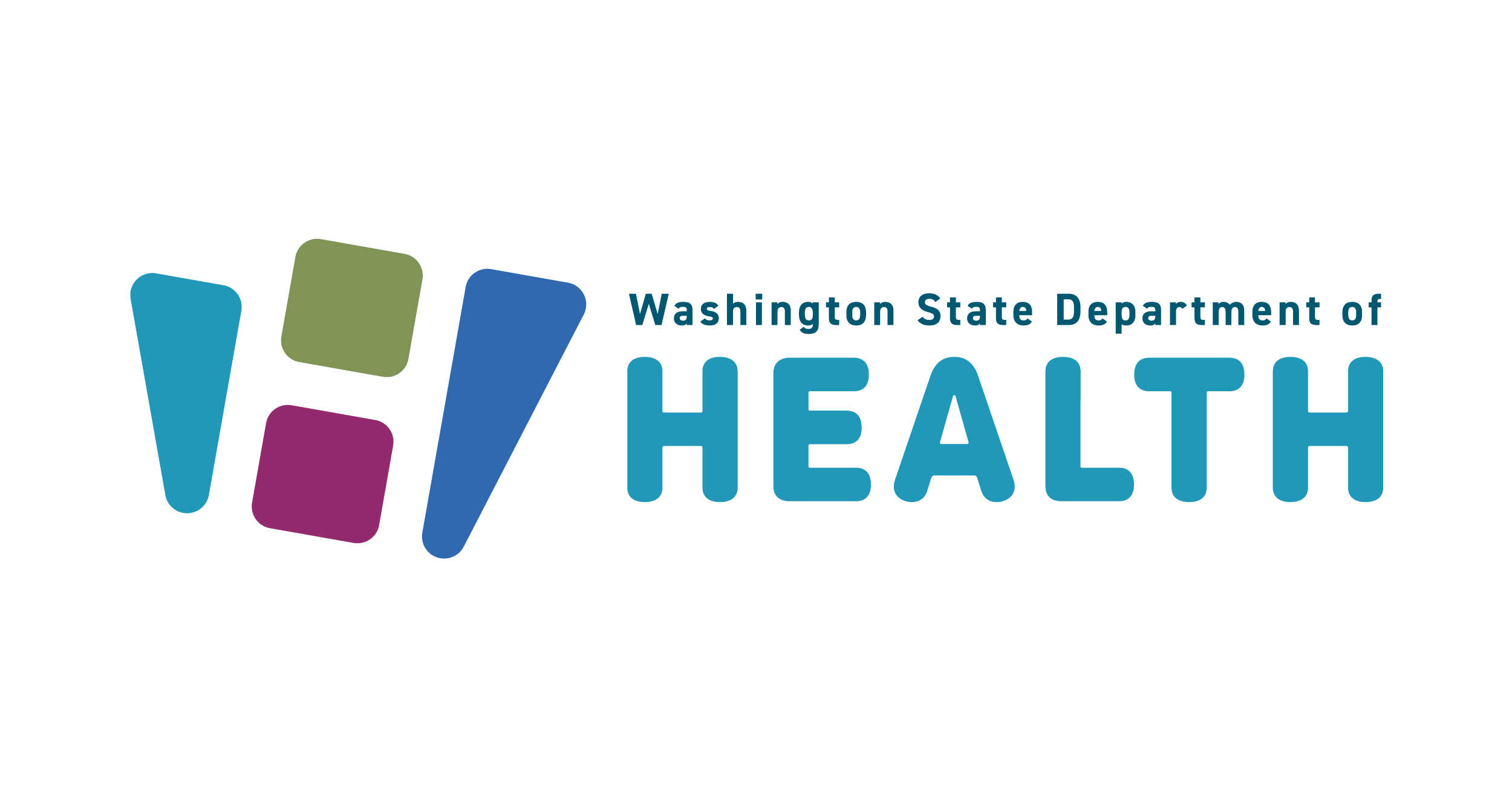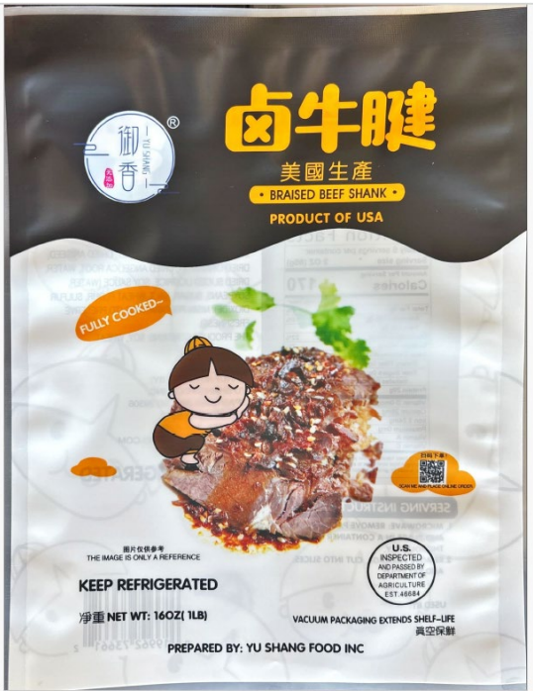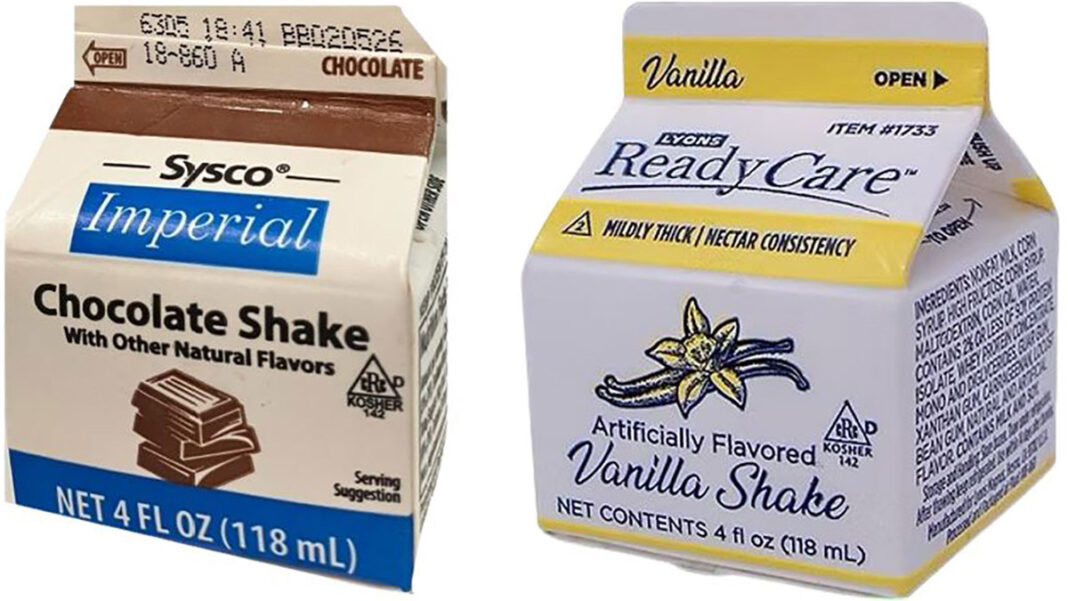Deadly Outbreak Spreads: 14 Reported Deaths Linked to Contaminated Frozen Shakes
A chilling health crisis is gripping the nation, with a recent surge in reported deaths linked to a listeria outbreak tied to frozen supplement shakes. The U.S. Centers for Disease Control and Prevention (CDC) and the Food and Drug Administration (FDA) have issued warnings as the body count rises to a staggering 14. The contaminated products, designed to support healthy living, have instead become a source of fear and concern for consumers nationwide.

Listeria Outbreak and Frozen Supplement Shakes: A Public Health Crisis

The Outbreak: Causes and Consequences
Frozen Supplement Shakes Recall
On February 22, 2025, Lyons Magnus LLC recalled frozen supplement shakes that were distributed to food service operators and long-term care facilities. The recalled shakes were contaminated with Listeria monocytogenes, a deadly bacterial agent that can cause severe illness and death in vulnerable populations.
The recall affected various flavors of Lyons ReadyCare brand and Sysco Imperial brand frozen supplemental shakes, which were primarily distributed to food service operators and long-term care facilities. The FDA and CDC issued initial warnings and alerts to the public, advising them to avoid consuming the recalled products.

Listeria Monocytogenes: The Deadly Bacterial Agent
Listeria monocytogenes is a gram-positive bacterium that can cause listeriosis, a serious and potentially life-threatening infection. The bacterium is commonly found in soil, water, and vegetation, and can contaminate food products, particularly those that are not properly cooked or handled.
Symptoms of listeriosis may include fever, headache, stiff neck, confusion, loss of balance, and convulsions. In severe cases, the infection can lead to meningitis, encephalitis, and even death. Pregnant women, older adults, and people with weakened immune systems are particularly vulnerable to listeriosis.
The CDC and FDA have been working to contain the outbreak and prevent further contamination. The agencies have collaborated with state and local health authorities, food manufacturers, and distributors to investigate the source of the contamination and prevent further spread of the bacterium.

Impact and Aftermath: Loss of Life and Economic Consequences
The listeria outbreak has had a devastating impact on public health, with a rising death toll linked to the outbreak. According to the CDC, 14 deaths have been reported so far, with many more cases of listeriosis reported across the country.
The economic impact of the outbreak has also been significant, with food service operators and long-term care facilities facing significant losses due to the contaminated products. The recall has also led to a decline in consumer confidence in the food industry, with many consumers opting for alternative products and brands.
To mitigate the crisis, public health authorities have introduced measures to prevent further contamination and spread of the bacterium. Food manufacturers and distributors have also implemented additional safety measures to prevent similar outbreaks in the future.

Investigation and Response: Uncovering the Source and Containment Efforts
CDC and FDA Investigation: Unraveling the Mystery
The CDC and FDA have been working closely to investigate the source of the contamination and contain the outbreak. The agencies have collaborated with state and local health authorities, food manufacturers, and distributors to identify the root cause of the contamination.
The investigation has involved the analysis of test results and epidemiological data to trace the source of the contamination. The CDC and FDA have also worked with food manufacturers and distributors to implement additional safety measures to prevent similar outbreaks in the future.
The agencies have also been working to educate consumers on the risks associated with listeriosis and the importance of proper food safety practices. Public health officials have also been working to improve food safety regulations and guidelines to prevent similar outbreaks.
Recall and Containment: Swift Action by the FDA and CDC
The swift response by the FDA and CDC to the listeria outbreak linked to frozen supplement shakes has been instrumental in containing the crisis. Following the recall of affected products, the FDA and CDC coordinated with distributors, retailers, and food service operators to remove the contaminated items from the supply chain.
The prompt public warnings and alerts issued to consumers and at-risk populations have played a critical role in minimizing the risk of further infections. The agency’s swift action has been instrumental in preventing more deaths and hospitalizations.
The FDA and CDC’s swift response has been commended by experts, who note that the agency’s swift action has been instrumental in containing the crisis. The agency’s prompt response has also been instrumental in providing critical guidance to consumers and at-risk populations.
Coordination with Distributors, Retailers, and Food Service Operators
The FDA and CDC’s coordination with distributors, retailers, and food service operators has been instrumental in removing contaminated products from the supply chain. The prompt removal of contaminated products has minimized the risk of further infections.
The agency’s coordination with distributors, retailers, and food service operators has also been instrumental in providing critical guidance on handling recalled products. The guidance has been instrumental in minimizing the risk of further infections.
Preventing Future Outbreaks: Lessons Learned and Recommendations
The investigation and response efforts have provided critical insights into preventing future outbreaks. Key takeaways from the investigation and response efforts include the need for enhanced food safety protocols and quality control measures.
Recommendations for food manufacturers, distributors, and regulatory agencies include implementing robust quality control measures and enhanced food safety protocols. The recommendations also include enhancing internal controls and quality assurance processes.
Key Takeaways from the Investigation and Response Efforts
The investigation and response efforts have provided critical insights into preventing future outbreaks. Key takeaways from the need for enhanced food safety protocols and quality control measures.
The investigation and response efforts have also highlighted the need for robust quality control measures and enhanced food safety protocols. The key takeaways from the investigation and response efforts have been instrumental in informing recommendations for food manufacturers, distributors, and regulatory agencies.
Recommendations for Food Manufacturers, Distributors, and Regulatory Agencies
Recommendations for food manufacturers, distributors, and regulatory agencies include enhancing internal controls and quality assurance processes. The recommendations also include implementing robust quality control measures and enhanced food safety protocols.
The recommendations have been instrumental in informing food manufacturers, distributors, and regulatory agencies on how to prevent future outbreaks. The recommendations have also been instrumental in enhancing food safety protocols and quality control measures.
Practical Implications and Public Health Recommendations
The listeria outbreak linked to frozen supplement shakes has significant practical implications for public health. The outbreak has highlighted the need for enhanced food safety protocols and quality control measures.
The outbreak has also highlighted the need for prompt public warnings and alerts to consumers and at-risk populations. The outbreak has also underscored the need for enhanced internal controls and quality assurance processes.
Consumer Alert: Protecting Yourself and Your Loved Ones
The FDA and CDC have issued critical guidance on protecting oneself and loved ones from the outbreak. The guidance includes signs and symptoms of infection and safe food handling and preparation practices to minimize risk.
The FDA and CDC’s guidance has been instrumental in providing critical guidance to consumers and at-risk populations. The guidance has also been instrumental in minimizing the risk of further infections.
Food Service Operators and Long-Term Care Facilities: Mitigating the Crisis
Food service operators and long-term care facilities have a critical role in mitigating the crisis. Immediate actions to take in response to the recall include implementing enhanced food safety protocols and quality control measures.
Long-term strategies for preventing foodborne illness outbreaks include enhancing internal controls and quality assurance processes. The strategies also include implementing robust quality control measures and enhanced food safety protocols.
The strategies have been instrumental in informing food service operators and long-term care facilities on how to prevent future outbreaks. The strategies have also been instrumental in enhancing food safety protocols and quality control measures.
Supporting Affected Communities and Families
The outbreak has had a significant impact on affected communities and families. Resources and services have been provided to families and individuals affected by the outbreak. Counseling and mental health support have been provided to those experiencing loss.
Community outreach and education initiatives have been instrumental in promoting food safety awareness and providing critical guidance to consumers and at-risk populations. The initiatives have been instrumental in minimizing the risk of further infections.
Conclusion
Conclusion: Listeria Outbreak Highlighting Flaws in Regulatory Oversight
The recent listeria outbreak linked to frozen supplement shakes has resulted in 14 reported deaths in the United States, as per the CDC and FDA investigations. This disturbing development highlights the severe consequences of inadequate regulatory oversight and underscores the need for stricter quality control measures in the food manufacturing industry. The article discussed how contaminated products were able to reach consumers, citing issues with the manufacturing process, lack of proper testing, and insufficient labeling.
The significance of this outbreak cannot be overstated, as it raises questions about the efficacy of current regulatory frameworks and the preparedness of health authorities to address emerging threats. The fact that contaminated products were able to evade detection and reach consumers underscores the need for enhanced collaboration between regulatory agencies, manufacturers, and public health officials. As we move forward, it is essential that we prioritize transparency, accountability, and robust quality control measures to prevent similar outbreaks in the future.
The listeria outbreak serves as a stark reminder of the importance of prioritizing consumer safety and public health. As we reflect on this tragic event, we must ask ourselves if the current regulatory landscape is equipped to handle the complexities of modern food production. The answer lies in the ability of regulatory agencies to adapt, innovate, and strengthen their oversight mechanisms. The future of food safety depends on our collective commitment to vigilance, accountability, and a relentless pursuit of excellence.
